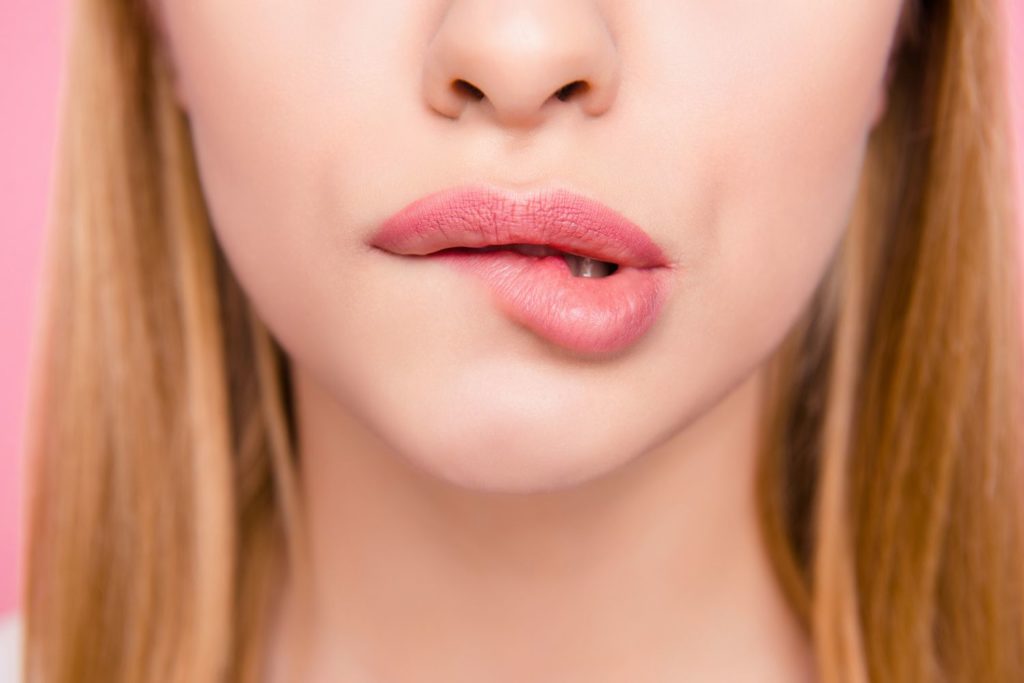For decades, organizations like the Centers for Disease Control and Prevention (CDC) and the World Health Organization (WHO) have tried to spread awareness about the detrimental effects of tobacco use. But unfortunately, smoking and chewing tobacco can damage almost every organ in your body.
With the effects touching nearly every organ system, tobacco use can cause “cancer, heart disease, stroke, lung diseases, diabetes, and chronic obstructive pulmonary disease (COPD)” (CDC). Smoking is a serious habit that can destroy your body and your life.
In addition to your heart and lungs, using tobacco can ruin your oral health.

Poor Oral Health
One of the numerous side effects of tobacco use includes an increase in plaque production. Plaque is a form of harmful bacteria that slowly destroy your enamel. While bacteria naturally reside in your mouth, the chemicals in both chewing and smoking tobacco increase the number of harmful bacteria. The more plaque in your mouth, the more likely you are to experience dental problems.
When plaque builds on your teeth, the bacteria slowly erodes the enamel. This can create small pits of decay—cavities—on your teeth. Without treatment, cavities can burrow through your tooth and into the nerves, causing significant pain. Additionally, it can also cause infection and tooth loss.
Along with tooth decay, tobacco use can cause bad breath and discolored teeth.
Gum Disease
Plaque is the leading cause of gum disease—an infection of the gums. When plaque builds along the gum line, it causes an irritation. In the first stages of gum disease, you may notice redness or swelling along your gums. Also, an indicator of gum disease is bleeding when brushing or flossing your teeth. Although smoking does increase plaque buildup, it is not the only contributor to developing gum disease.
The chemicals found in tobacco can affect the function of your gum tissue. Specifically, these chemicals interfere with the ability to keep soft tissue and bone attached to your teeth. This can contribute to loose or missing teeth.
In addition, these chemicals can impede the healing process. Not only are smokers more likely to develop an infection, but they also have a harder time healing. Your recovery time from dental procedures or infections will take longer. This is because smoking interrupts proper blood flow to the gum’s soft tissues.
Smoking and chewing tobacco can make it more difficult for you to receive dental work. If your gum tissues don’t regenerate well, dental procedures can become tricky. In addition, your options for a tooth replacement will become limited. This is because you will have a lower success rate with dental implants.
Cancers of the Mouth
Smoking or chewing tobacco increases your risk of developing cancers throughout your body. More specifically, your chances of developing oral cancer are 10 times higher than someone who doesn’t smoke or use tobacco. In fact, about 90% of people who have mouth or oral cancers are smokers.
These cancers include the mouth, lips, tongue, and throat. In addition, smokers are more likely to develop lung cancer.
